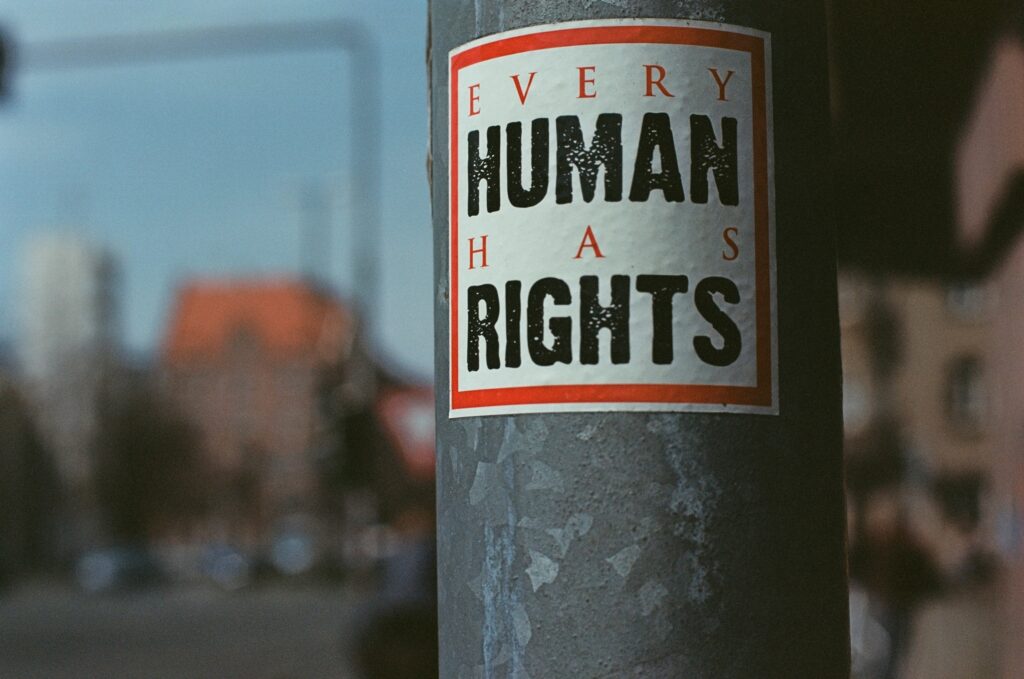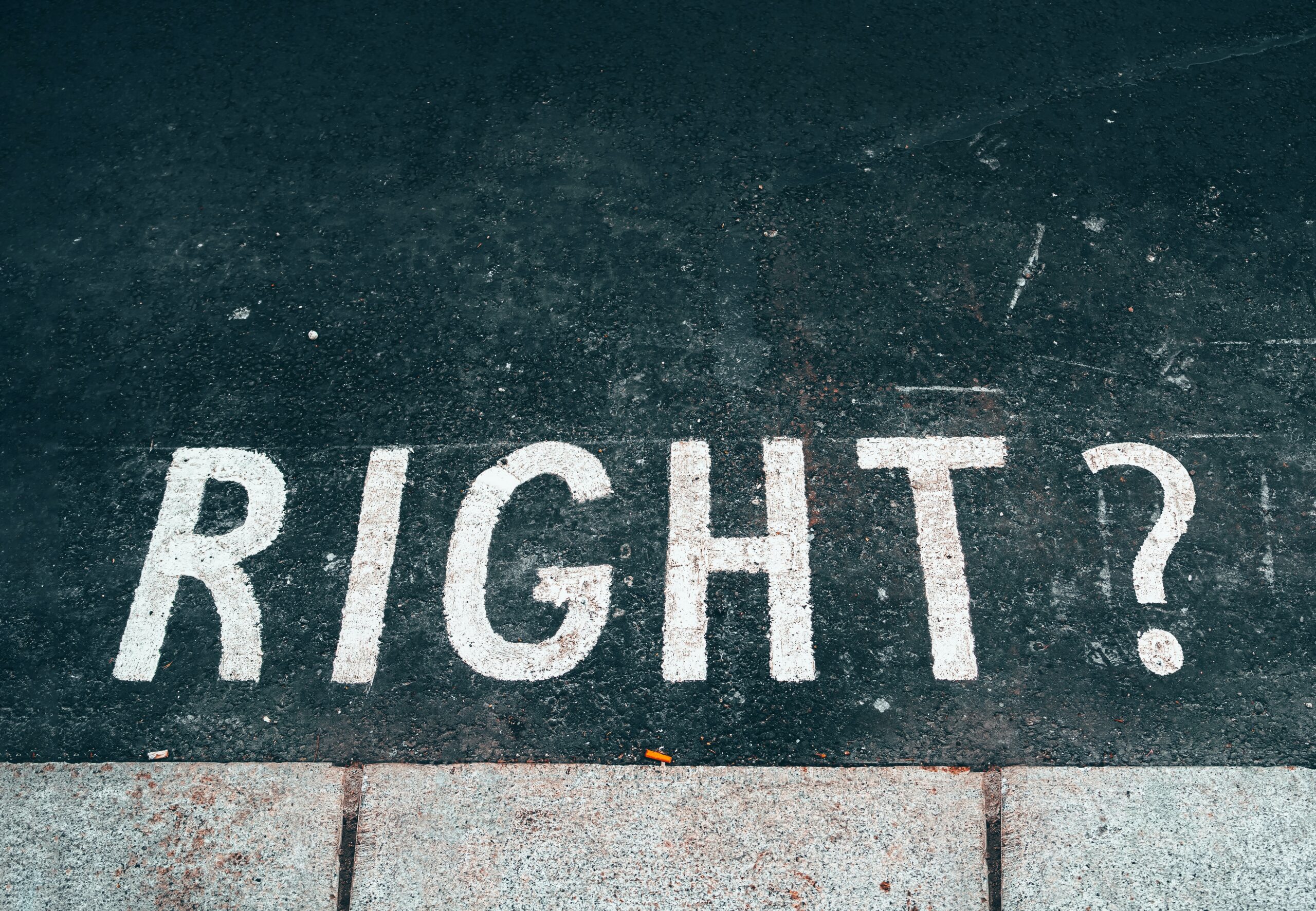
Symposium
- Lockdown period in India
- Discrimination on the basis of religion
- Right to livelihood
- Balancing of Fundamental rights
- Conclusion
- References
LOCKDOWN PERIOD IN INDIA
The worldwide rife of corona virus, also termedas CO-VID19,forced almost all the countries to completely shut down, putting a pause on the human life and economy. India being one of these countries witnessed almost a 2 month lockdown. Although the lockdown in India did not put a complete pause on the events, instead, amid the lockdown a number of unfortunate incidents came into sight. One of which was religious discrimination at numerous places on the ground that certain practices of the people of that particular religion is leading to the spreading of coronavirus. All of this began with a number of video clips going viral where people were seen spitting on other people, vegetable vendors applying saliva on the vegetables they sell and people glorifying the idea of ignoring social distancing. This is supposed to be the outcome of manipulation, where the people of the community are asked to do such activities in the name of religion. The people of other community showed their resistance by boycotting from these people. This situation signifies conflict of two fundamental rights that the Constitution of India guarantees in Part III.
DISCRIMINATION ON THE BASIS OF RELIGION
India has been a country which is home to multiple religions, castes and cultures and all of it exists with a deep history. Keeping this fact in mind the framers of the constitution, in order to protect the diversity and ensure equality among all,structured India as a secular State. The preamble expressly declares India as a Secular country and Article 15 of the constitution states discrimination on the basis of caste, religion, sex and race as infringement of fundamental rights of any citizen of India. Article 14, howsoever, does not specifically talks about discrimination but in general protects interest of all the citizens irrespective of their characteristics.
Article 15 of the Constitution of India, 1950 prohibits the discrimination on the grounds of religion, race, caste, sex or place of birth. The vendors and the other people of the community were discriminated on the ground of their religion. Their entries were prohibited in the society; videos showed that people in societies collectively banned the entry of such vegetable vendors.The basis of the ban is discriminatory and hence an infringement of the fundamental rights of the vendors.
The justice system in India has condemned such discrimination every now and then. In the case of The State of Rajasthan and Ors. V. Pratap Singh[i] where a notification exempted the ‘Harijans’ and ‘Muslim’ inhabitants of a village to bear the cost for the additional police force. The respondent moved to High court of Rajasthan impugning the validity of the notification that exempted certain religion from bearing cost and the provision under the Police Act, 1861 which authorised such notification. Although the High Court repelled the wider contentions urged regarding the invalidity of the provision of the Police Act in general as also of the powers conferred on the State Government to order the exemption of “any person or classes or sections of such inhabitants” from liability to bear the cost of the additional police force. But the learned Judges held that paragraph of the notification which exempted “Harijans and Muslim inhabitants of the villages” from the levy was violative of the guarantee in Art.15 (1) of the Constitution against discrimination on the ground of caste or religion. The matter was special leave petitioned by the State of Rajasthan but the Supreme Court upheld the judgement of the High Court.
Similarly, in a case before the High Court of Gujarat, a Society was registered under the Bombay Co-operative Societies Act with the object of constructing houses and it was the say of the petitioners that bye-laws were framed restricting membership to ‘Parsis’. The High court after hearing contentions of both the parties held that the membership of a cooperative society should be voluntary and available without artificial restriction or any social, political, racial or religious discrimination, to all persons who can make use of its services and are willing to accept the responsibilities of membership. Such restriction attractsArt.15 (1) of the Constitution of India.[ii]
RIGHT TO LIVELIHOOD
Article 21 of the Constitution of India, 1950 has wider ambit than just right to life and personal liberty. The jurisprudence behind this Article 21 extends its scope than just mere living. The meaning of life under this article is not just mere animal life but a life of dignity[iii] and the inherence of it are such that even the State cannot deprive any one of it (even in emergencies)[iv]. Personal liberty, too, has a similar interpretation as life in Article 21. Personal liberty, as interpreted by the Indian Courts over the years, includes right to livelihood,right to privacy, right to clean environment, right against pollution, right to health, right to die etc.
The constitution guarantees livelihood as enshrined under right to life and liberty in Article 21. Livelihood is considered as the basis of existence and is defined as a means of supporting one’s existence.[v] Livelihood was termed as an enshrined right under Article 21 by the Apex court in the case of Olga Tellis & Ors v. Bombay Municipal Corporation &anrs(also known as Pavement Dwellers case)[vi]. The court held that the sweep of the right to life conferred by Article 21 is wide and far-reaching. It does not merely mean that life cannot be extinguished or taken away as, for example, by the imposition and execution of death sentence, except according to the procedure established by law. That is but one aspect of the right to life. An equally important facet of the right to life is the right to livelihood because no person can live without the means of livelihood.
It is contended that the concept of livelihood has a part in the foregoing tension amid lockdown between the communities. Whereas the boycotting of vendor is violative of Article 15, the reason for doing so is justified too in Article 21. As discussed and found that right to livelihood is a guaranteed right, thereby it can be said that the people committing the act of boycott were justified. Livelihood includes the basic necessities like food and water, without which existence is impossible and denying such services is reasonableif an apprehension of contamination is high or a fear has been manifested. The viral videos were the source that created apprehension in the mind of people. The contention here might be weak generally but witnessing a situation whilst a disease that is transferrable by touch has been declared as a pandemic, it cannot be ignored.
Further in the Pavement Dweller case the court also opined that the state may not by affirmative action be compelled to provide adequate means of livelihood or work to the citizens. But any person who is deprived of his right to livelihood except according to the just and fair procedure established by law can challenge the deprivation as offending the right to life conferred in Article 21. This suggests that people deprived of livelihood can challenge the same in this scenario.
BALANCING OF FUNDAMENTAL RIGHTS
Now as this situation is opined as a conflict of two fundamental rights, the question is how are such situation dealt in the court of law. In general, when two fundamental rights conflict the court tries to construct such decision where both the rights are balanced. The Apex court in the case of Acharya Maharajshri Narendra Prasadji Anandprasadji Maharaj and Ors. v. The State of Gujarat and Ors[vii], where a construction of a particular legislation, was in question observed that a particular fundamental right cannot exist in isolation in a watertight compartment. One fundamental right of a person may have to co-exist in harmony with the exercise of another fundamental right by others and also with reasonable and valid exercise of power by the State in the light of the Directive Principles in the interests of social welfare as a whole. The Court’s duty is to strike a balance between competing claims of different interests. The court has rightly observed in the case of Ram Jethmalani and Ors. v. Union of India and Ors[viii] that that the rights of citizens, to effectively seek the protection of fundamental rights have to be balanced against the rights of citizens and persons Under Article 21. The latter cannot be sacrificed on the anvil of fervid desire to find instantaneous solutions to systemic problems throughdefamation speech, for it would lead to dangerous circumstances and anarchy may become the order of the day.
In certain situations the perfect balance between is not possible and in such situations the construction has to be done under the principle of interest of the collective or social order. It has been held in the case of Asha Ranjan v. State of Bihar.[ix] The aforesaid decision is an authority for the proposition that there can be a conflict between two individuals qua their right Under Article 21 of the Constitution and in such a situation, to weigh the balance the test that is required to be applied is the test of larger public interest and further that would, in certain circumstances, advance public morality of the day. To put it differently, the “greater community interest” or “interest of the collective or social order” would be the principle to recognise and accept the right of one which has to be protected.
CONCLUSION
- The conclusion to the scenario can only be given by our courts, as only their reasons and decisions will be authentic.
- Other than this it can be concluded that although the constitution gurantees the fundamental rights in the Part III of the constitution but it could be noticed that in order to harmonize a conflict between any two of them their overall scope has to be limited. Focusing on the particular scenario, the conflict between the communities cannot be left unnoticed as conflicts like get severe with the passage of time.
- Some contentions were that the viral videos were misleading. But that doesn’t change the fact that the videos did create an apprehension in the mind of the viewer, who could see people spitting on people, officials and food. Therefore without proper and authentic investigation believing contentions are dangerous.
REFERENCES
[i]AIR1960SC1208
[ii]Zoroastrian Co-operative Housing Society Ltd. and Ors. Vs. District Registrar, Co-operative Societies (Urban) and Ors; AIR1997Guj136
[iii]Buddhadev Karmaskar v. State of West Bengal – AIR 2011 2636
[iv] Siddharam Satlingappa Mhetre v. State of Maharashtra and Ors – AIR 2011 SC 312
[v]Cambridge Dictionary – https://dictionary.cambridge.org/dictionary/english/livelihood
[vi]AIR 1986 SC 180
[vii] (1975) 1 SCC 11
[viii] (2011) 8 SCC 1
[ix] (2017) 4 SCC 397
